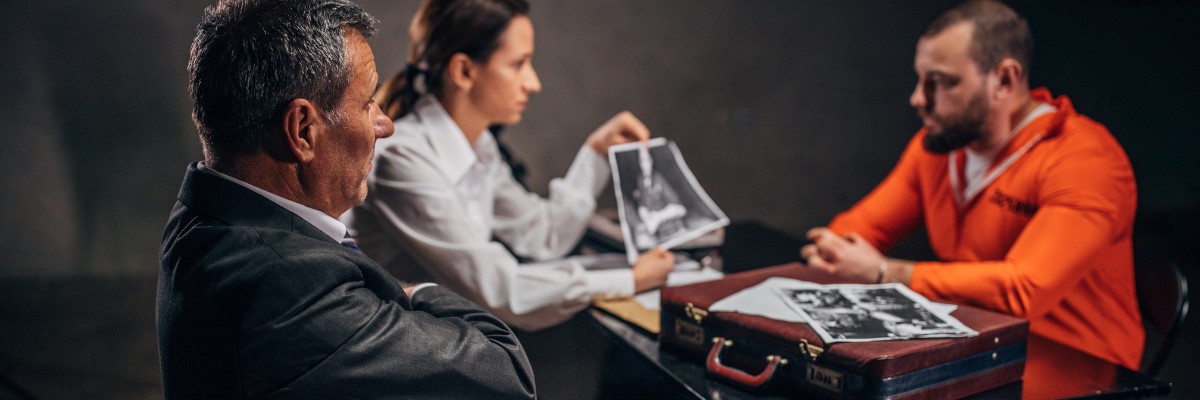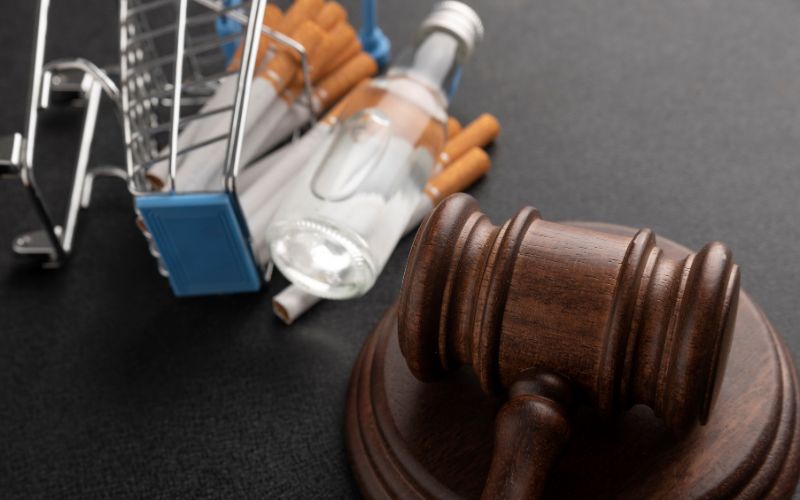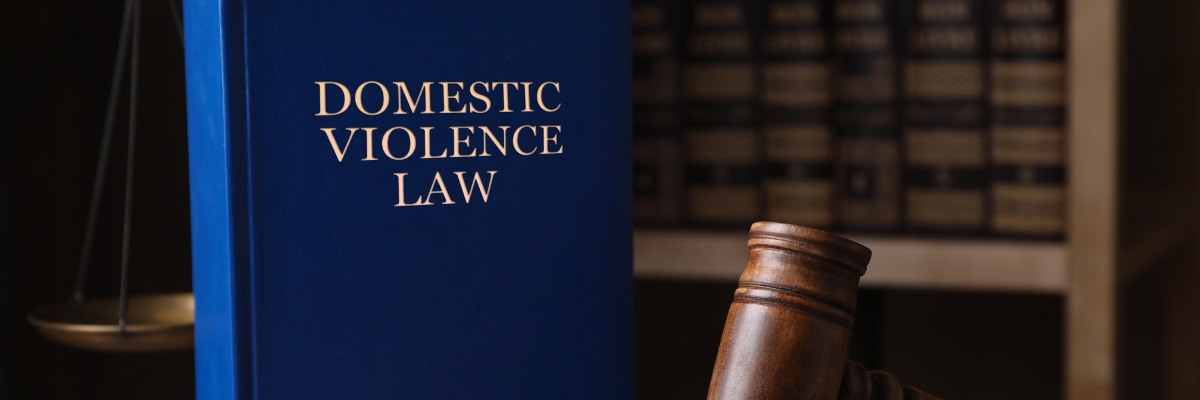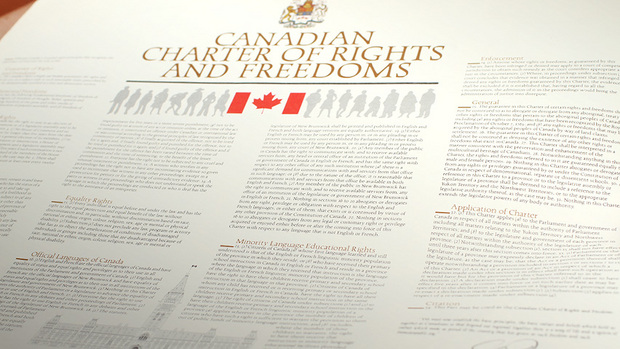Whether you have hired a lawyer or you representing yourself in a criminal matter, if you are contemplating pleading guilty then you should understand both the process for pleading guilty and sentencing before you go to court. If you have hired a lawyer or it is your intention to hire a lawyer to assist you resolving your criminal charges, a lawyer should explain to you a “Plea Comprehension Inquiry” and advise you on sentencing submissions and the powers and responsibilities a judge has. If you have chosen to represent yourself, it is nonetheless important that you understand what to expect in court that day.
It is also important that you remember that you should never plead guilty unless the following three elements are present; (1) there is a factual basis for pleading guilty, (2) the Crown Attorney can prove its case, and (3) you receive some form of consideration for entering a plea and saving the Crown Attorney from proving your guilt by having a trial.
The Plea Comprehension Inquiry
After you have advised your lawyer that you wish to plead guilty to one or more of the criminal offences you have been charged with, your lawyer should complete a plea comprehension inquiry with you. A plea comprehension inquiry involves your lawyer asking you the following line of questions;
- I understand that you wish to plead guilty to one or more of the criminal offences you are charged with?
- By pleading guilty, you are doing so voluntarily and of your own free will?
- You understand that the Crown Attorney is required to prove every element of the offence beyond a reasonable doubt, and that by pleading guilty you understand that you are not holding the Crown Attorney to this onus?
- You understand that you have a right to a trial, and that by pleading guilty you are giving up your right to have trial?
- Despite that the Crown Attorney and I can suggest a joint submission to the judge regarding the appropriate sentence, you understand that the judge is not bound by a joint submission and the judge makes the final determination of what the sentence will be?
When you are in court before a Judge of the Ontario Court of Justice or the Superior Court of Justice, you can expect that the judge will ask your lawyer if he or she has completed a plea comprehension inquiry with you. There are many judges who will even complete their own plea comprehension with you prior to accepting a guilty plea from you. There will be other judges who will be satisfied that your lawyer has completed a plea comprehension inquiry with you. Essentially, it all depends upon the judge in court on that particular day. Where the alleged offence involves drugs or alcohol, I have even seen judges who will ask the accused whether he or she has consumed any drugs or alcohol prior to attending court.
The Reading of the Facts
Once a judge has completed a plea comprehension inquiry with you or the judge is satisfied that you lawyer has done so, the judge will ask the Assistant Crown Attorney to read in the facts being alleged. Essentially, the Crown Attorney will summarize the allegations made against you, usually by reading the synopsis which is found in your initial disclosure package. In some circumstances your lawyer and the Crown Attorney may have come to an agreement that certain facts are not to be read in, while other facts are to be included.
Regardless of facts are read in by the Crown Attorney, the judge will ask you or your lawyer if those facts are correct. The reason that the judge will ask you or your lawyer whether the facts are correct is because the judge must have some basis for accepting your guilty plea. Where you indicate that the facts are not correct the judge will not be able to accept your guilty plea where you are disputing facts that are necessary in proving any of the elements of the offence. It is not unusual to see a judge refuse to accept a guilty plea from a self-represented person where it is clear that person is not prepared to acknowledge guilt but rather is merely attempting to enter a guilty plea for the purpose getting the matter over with.
Ethical Considerations for Lawyers
If you find yourself in circumstances where you want to plead guilty and notwithstanding that your lawyer has recommended against pleading guilty, the decision will always be yours to make. However, where your lawyer is aware that you are pleading guilty and there is no factual basis for doing so, he or she ethically cannot assist you in entering a guilty plea. The reason for this is that a lawyer is an officer of the court and has a duty not to misrepresent the court. Assisting you plead guilty to a set of facts your lawyer knows not to be true would constitute misrepresenting the court.
Sentencing
The most important part of sentencing that you need to understand is that the judge makes the final determination about what the sentence will be. Your lawyer and the Crown Attorney can make submissions about what the appropriate sentence should be, or they can propose a joint submission to a judge, however the judge is not bound by any submissions from your lawyer or the Crown Attorney.
Notwithstanding that the judge has the final determination on sentencing a judge will normally go along with a joint submission from your lawyer and the Crown Attorney. Generally, it is only in circumstances where the judge feels that the sentence would not be consistent with the administration of justice that he or she will not accept a joint submission.
Before the judge imposes a sentence he or she will ask you if you have anything to say, however you are not required to say anything if you do not wish to do so.
Contact
If you have been charged with a criminal offence and you are contemplating entering a guilty plea, it is strongly recommended that you consult a lawyer first. Contact me immediately to arrange a free consultation.













